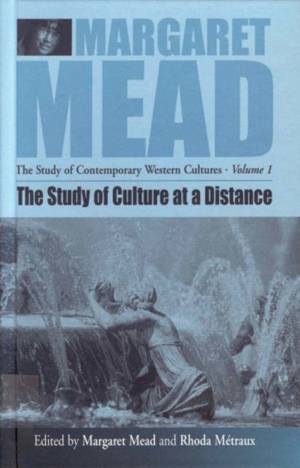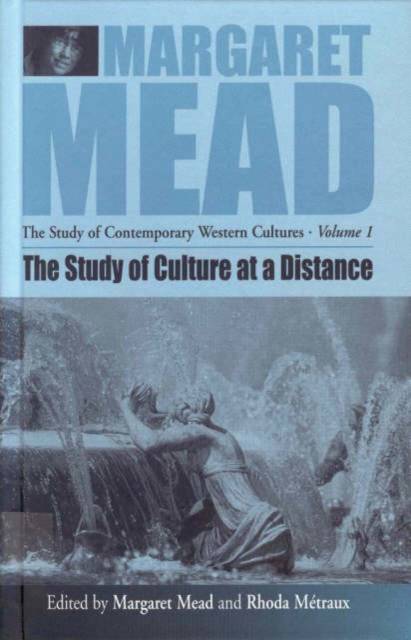
- Afhalen na 1 uur in een winkel met voorraad
- Gratis thuislevering in België vanaf € 30
- Ruim aanbod met 7 miljoen producten
- Afhalen na 1 uur in een winkel met voorraad
- Gratis thuislevering in België vanaf € 30
- Ruim aanbod met 7 miljoen producten
Omschrijving
The United States on the eve of the Second World War was still a society largely isolated from the world. Facing enemies with unfamiliar cultural traditions, the U.S. government turned to anthropologists for insight. The result was a research effort that continued long after the war, aimed, in the words of Margaret Mead, at analyzing the cultural regularities in the characters of individuals who are members of societies that are inaccessible to direct observation. In 1953, Margaret Mead and Rhoda Métraux produced The Study of Culture at a Distance, a compilation of research from this period. This remarkable work, long unavailable, presents a rich and complex methodology for the study of cultures through literature, film, informant interviews, focus groups, and projective techniques. The book also provides fascinating insights into such diverse cultures as China, Thailand, Italy, Syria, France, Germany, Russia, Romania, and Great Britain, and includes some highly original analysis such as that of the Soviet style of chess, a study of Jean Cocteau's classic film La Belle et la Bête, and the cultural interpretations of Rorschach tests administered to Chinese subjects.
Specificaties
Betrokkenen
- Auteur(s):
- Uitgeverij:
Inhoud
- Aantal bladzijden:
- 560
- Taal:
- Engels
- Reeks:
- Reeksnummer:
- nr. 1
Eigenschappen
- Productcode (EAN):
- 9781571812155
- Verschijningsdatum:
- 1/07/2000
- Uitvoering:
- Hardcover
- Formaat:
- Genaaid
- Afmetingen:
- 140 mm x 216 mm
- Gewicht:
- 807 g

Alleen bij Standaard Boekhandel
Beoordelingen
We publiceren alleen reviews die voldoen aan de voorwaarden voor reviews. Bekijk onze voorwaarden voor reviews.











